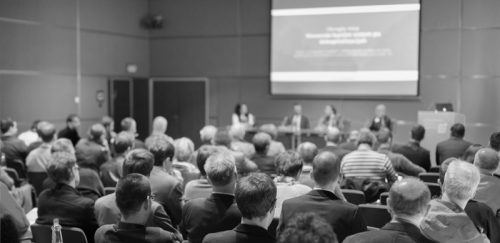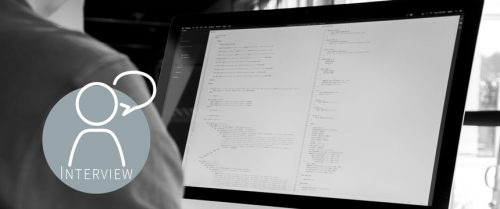Many years citizens have fought for suffrage – and still do. Suffrage is one of the highest commodities in democracy. A commodity, which many citizens see as natural. Therefore, some countries introduced compulsory voting, in some it is discussed.
An example is Switzerland, which is on the one hand admired for its referendums but on the other hand suffers from a low turnout. It is so low, that many ask to introduce an electoral duty. However, should a right become an obligation? Is this even democratic?
We try to find answers to these questions in our new series. Continue reading

Before every election, the appeals come to be part of the democratic process. They are directed at eligible voters to take up on their right to vote. These appeals are spread by politicians, artists and acquaintances. Continue reading

Many Telekom customers in Germany had to live without internet and telephone on the weekend. Hackers tried to install malware on 900,000 routers and integrate them into a botnet. Presumably to carry out DDoS-attacks. Fortunately, this did not work out thanks to a badly programmed software. However, DDoS-attacks with web-enabled devices have already caused great sensation in 2016. Foremost the attack on the DNS-provider DYN in October this year. Continue reading
I’m tired of hearing it said that democracy doesn’t work. Of course it doesn’t work. We are supposed to work it.
Alexander Woollcott (1887-1943), US-American journalist and autho

Many studies have attempted to find out who the non-voters are and what motivates them. All this information is gathered in order to find a solution to increase voter turnout. Continue reading

The team at POLYAS have been quite busy this October. After attending conferences in Canada and Ireland, we’ve now crossed the Alps to take part in SMAU 2016. SMAU is the biggest tech convention in Italy – where innovation, IT and technology come face to face with various institutions and corporations. POLYAS is represented there by two of our colleagues who’ve set up a stand at the event.

For the past ten years, re:publica has taken place in Berlin and become an institution for internet activists. Now the event series ventures overseas.
Continue reading
We are still in the very beginnings of the Internet. Let’s use it wisely.
Jimmy „Jimbo“ Wales, Founder of Wikipedia.

Delegates and board of directors elections are an important part of democracy in cooperatives. Tradition and digital opportunities are well to combine as research by POLYAS suggests. Continue reading

When it comes to non-voters, politicians and media representatives ask themselves the question: why do people forego their right to vote? What are their reasons? It seems interesting to learn more about the motives for voter abstention and what could be done to counteract this development. Continue reading

